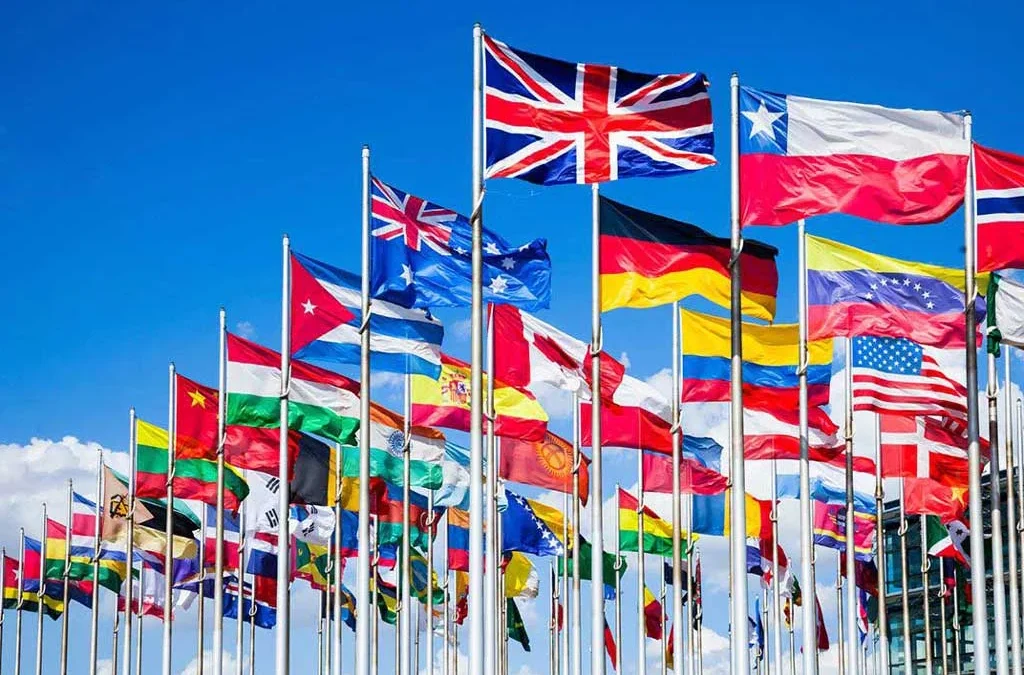The Hague Apostille Convention, established in 1961, streamlines document legalization for international use. It involves an apostille, a certification from an authority in a participating country, authenticating public documents like birth certificates for global recognition. Traditionally, Canada followed a complex method involving the Ministry of Foreign Affairs and destination country embassies, a slow and costly process.
Due to globalization, Canada is adopting the Apostille Convention. This will simplify cross-border document verification, aiding Canadians abroad in personal, professional, or legal contexts. This potential shift highlights Canada’s dedication to efficient document processing in a globally connected environment.
The Hague Apostille Convention
The Hague Apostille Convention is an international treaty that simplified the authentication of documents to be used abroad. The convention introduced a standardized certificate called an apostille, which acts as a seal of authenticity recognized by all member countries, easing the process of verifying documents internationally. This harmonized approach streamlines transactions and legal processes by ensuring that documents issued in one signatory country can be accepted in another without further certification.
The influence of this convention extends far beyond its member countries, creating a ripple effect that resonates globally. By promoting trust and cooperation among its diverse members, the convention serves as a catalyst for enhanced international relations and collaboration. Its significance is particularly evident in the realms of cross-border business, education, and personal affairs, where the streamlined process of document verification facilitates smoother transactions and interactions. With a multitude of nations participating in the convention, the apostille system has emerged as a vital and universally recognized tool for validating public documents.
This shared method not only simplifies bureaucratic processes but also acts as a linchpin in connecting societies worldwide. The convention’s success lies in its ability to establish a standardized and efficient framework for acknowledging the validity of documents, fostering a sense of unity and coherence in the increasingly interconnected global landscape. In doing so, it plays an instrumental role in breaking down barriers and promoting a seamless exchange of ideas, goods, and services across borders.
The Canadian Context: Before the Apostille Convention

Prior to joining the Apostille Convention, Canada’s process for authenticating documents for international use was cumbersome. Initially, a document needed validation from Global Affairs Canada before it could be authenticated. It also required endorsement from the destination country’s consulate or embassy in Canada, a process known as legalization. This often proved frustrating due to its complexity, long processing times, and the need to deal with various bureaucracies.
In contrast, countries in the Apostille Convention employ a simpler method. They issue an apostille certificate from a designated authority in the country of origin, which is then universally recognized among member countries. This single-step process starkly contrasts with Canada’s earlier, more convoluted system, highlighting the Apostille Convention’s efficiency and simplicity.
The Impact on Individual Canadians and Businesses
Joining international conventions, like the apostille Canada initiative, offers many benefits for Canadian citizens and businesses by streamlining bureaucratic processes. Individuals find activities like studying abroad, traveling, or relocating overseas less cumbersome, with simplified procedures for credential validation, visa applications, and work permits. This ease in bureaucracy facilitates smoother transitions into foreign environments, enhancing cultural and systemic integration.
Canadian businesses also benefit greatly, experiencing easier establishment of international partnerships, improved access to global markets, and reduced legal barriers in cross-border commerce. Overall, participation in these conventions boosts international mobility and operational efficiency for Canadians, fostering expanded global opportunities and practical advantages in worldwide engagements.
Legislative Changes and Implementation

In an effort to streamline international document verification, Canada has recently enacted legislative changes to comply with the Apostille Convention. This move simplifies the authentication and legalization process, making it easier for Canadian documents to be recognized abroad. The responsibility for issuing apostilles in Canada falls under various authorities, including federal, provincial, and territorial bodies, depending on the document’s origin.
As these changes involve a multitude of stakeholders, Canada has set a carefully planned timeline for implementation, ensuring a smooth transition for both the authorities and the public. The transition period is to adapt to the new procedures and to provide ample time for all sectors to become well-acquainted with the regulations entailed by the Apostille Convention.
Cross-Border Legal Affairs and Implications
In today’s interconnected world, streamlined document authentication has revolutionized international legal affairs, removing complexities and delays. This advancement is particularly beneficial for Canadians involved in foreign legal disputes, business negotiations, or contractual matters, as it reduces the bureaucratic challenges often encountered in cross-border activities.
The impact of this simplification extends beyond business, affecting personal matters like immigration, work permits, and studying abroad. Easier document verification promotes smoother transitions across borders for individuals and companies, diminishing bureaucratic obstacles. This progression reflects a modern scene where legal jurisdictions increasingly overlap and cooperate, creating a more unified experience in the globalized legal environment.
The Potential Challenges During the Transition

During the initial stages of implementing new procedures, entities often face many challenges, from technological issues to resistance among stakeholders. Recognizing these challenges early is important for developing strategies to mitigate them. A robust support system, including training, user manuals, and help desks, can significantly smooth the transition.
For those involved in international documentation exchange, specialized guidance tailored to their specific needs is important. This ensures compliance with global standards and maintains operational efficiency and accuracy in an international setting. Effective planning and leveraging available support can make these challenges manageable during transitional phases.
Canada’s embrace of the Hague Apostille Convention marks a significant move towards simplifying the legalization of documents for international use. This commitment will streamline bureaucratic processes, benefiting Canadian citizens and the economy. By aligning with the Convention, Canadians will enjoy easier recognition of documents worldwide, facilitating smoother educational, personal, and business exchanges. This development signifies a step towards a globalized future, emphasizing convenience and efficiency, and invites Canadians to familiarize themselves with the new, more efficient system.




